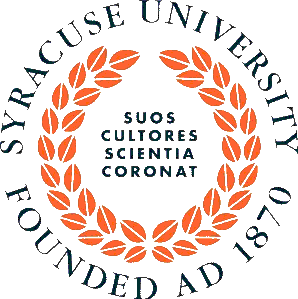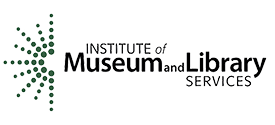Initial Assessment
Introduction
Initial Assessment
Module 1: The Promise and Potential of Mentoring
Module 2: What is Mentoring?
Module 3: The Predictable Cycle of Mentoring
Module 4: Qualities of an Effective Mentor
Module 5: Mentoring Young Innovators: Learning and Motivation
Module 6: Mentoring Tips
Final Assessment
The Innovation Destination
The Innovation Destination was designed and evaluated by a team from the Center for Digital Literacy at the School of Information Studies, Syracuse University and developed by Data Momentum Inc, in partnership with the Connecticut Invention Convention, By Kids for Kids, New York On Tech, and over 70 school librarians and young innovators.
This site has been serving the youth invention community from 2015 - present.




